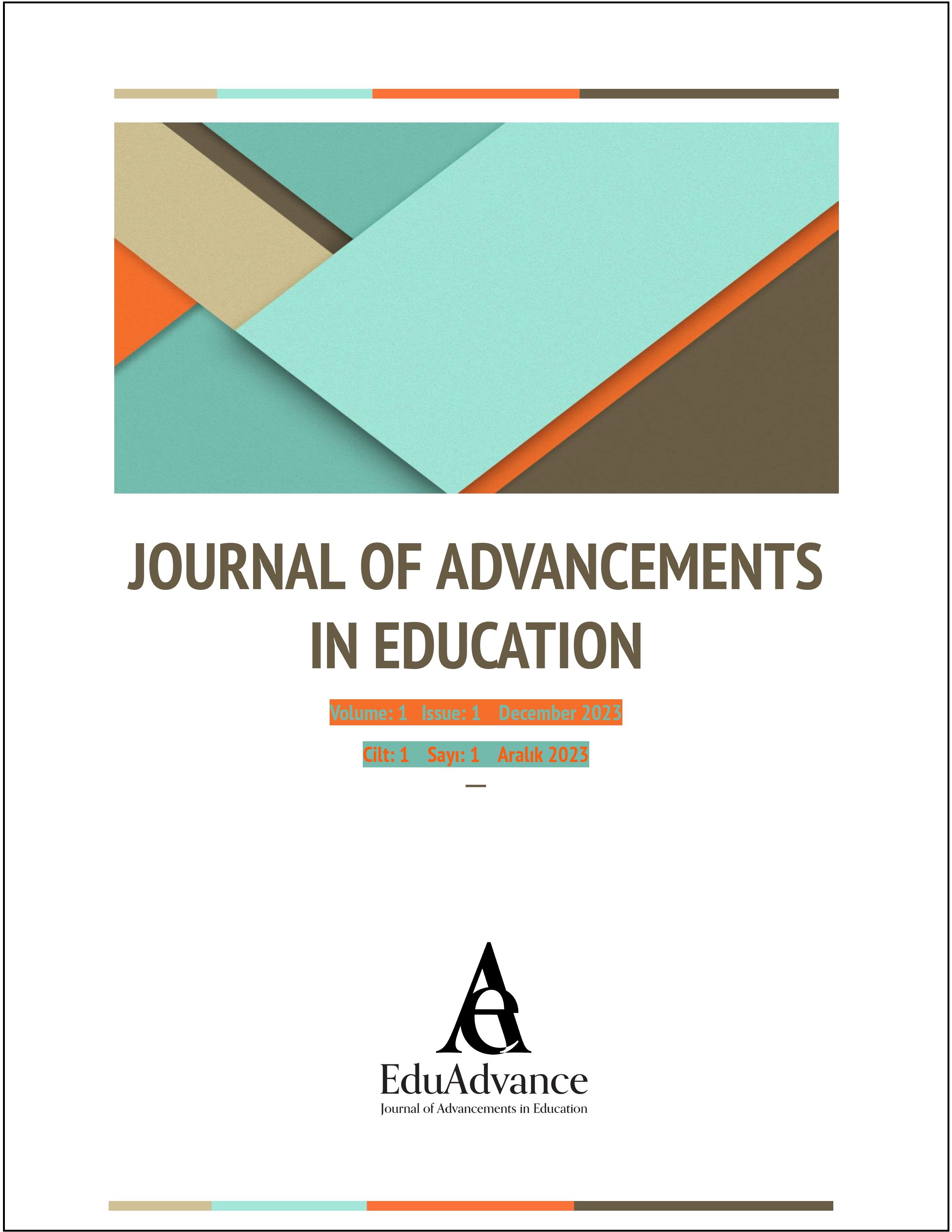BASIC SKILLS IN LIFE SCIENCES COURSE: TEACHING CREATIVITY WITH PHILOSOPHY FOR CHILDREN (P4C) APPROACH
Keywords:
Basic Education, Life Sciences Lesson, Philosophy for Children, StudentAbstract
Students who actively engage in primary education and strive for academic success often encounter challenges in effectively addressing their own needs and problem-solving within the resources available in their daily lives. Meeting these challenges requires the application of skills such as effective resource utilization, communication, cooperation, creativity, and problem-solving, which align with the primary objectives of the Philosophy for Children (P4C) approach at the Basic Education level. In this study, 30 primary education students participated in "Life in Nature" and "Life in Our Country" theme activities within the Life Science course, employing the Philosophy for Children (P4C) approach. Semi-structured questions were posed during interviews to unveil the fundamental skills and creativity fostered by Philosophy for Children in the context of the life sciences course. Data analysis employed the descriptive analysis method. The outcomes of the six P4C activities designed to enhance basic skills and creativity in the Life Science course were evaluated based on themes arising in the Life Science lessons. Findings indicate active student participation in activities related to the life sciences course and P4C. Noteworthy results and activities demonstrate that students internalized essential life science course skills, as well as creativity, communication, cooperation, and problem-solving skills through P4C implementation. Data also reveal that P4C activities enable individuals to acquire fundamental life skills, including making informed choices, analyzing information, effective communication, adaptability to their environment, assumption of responsibility, internalization of values, acceptance of challenging processes, and the cultivation of flexible thinking. To enhance the quality of education, it is recommended that P4C practices be conducted rigorously.


